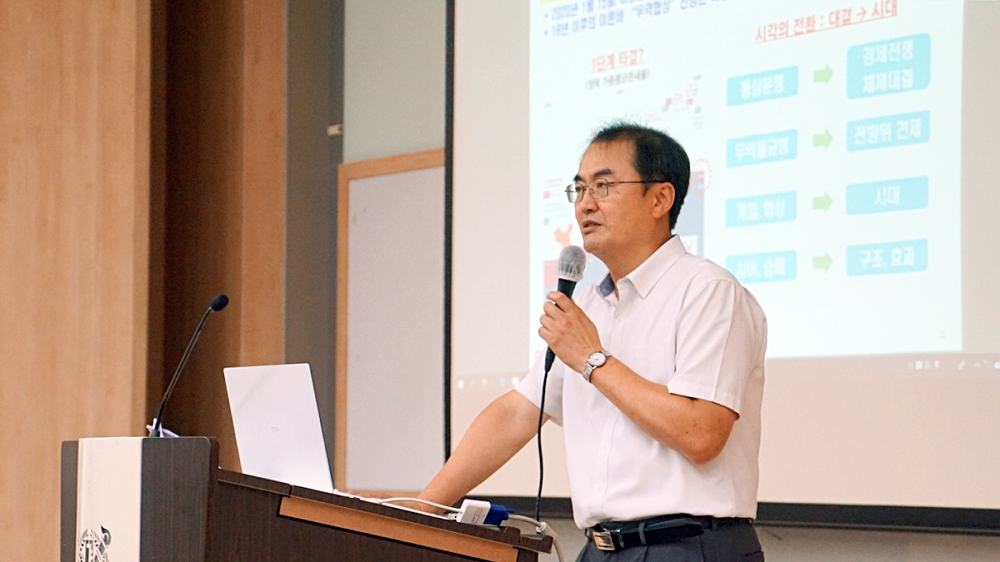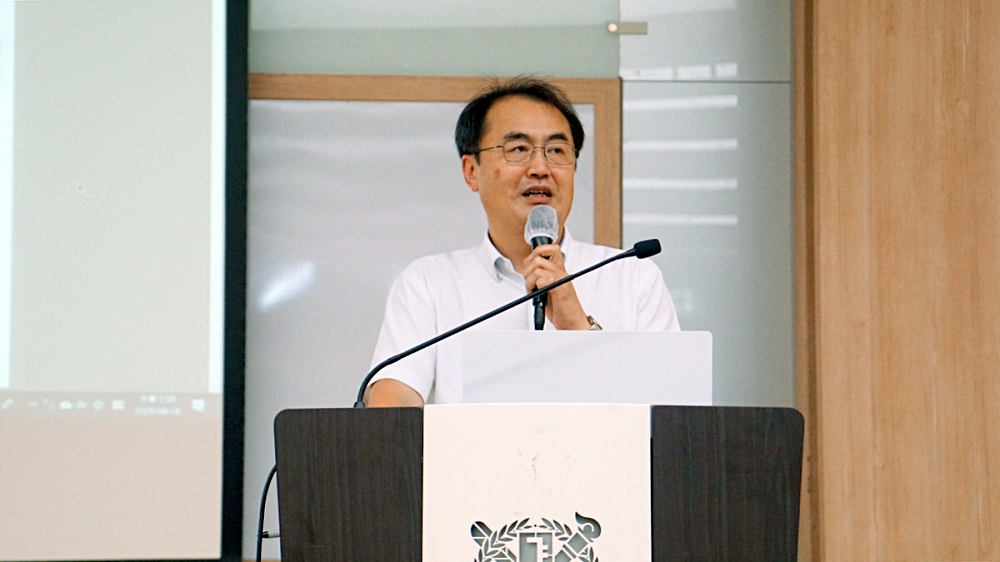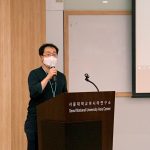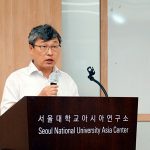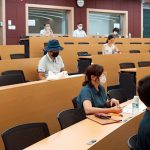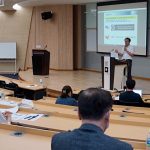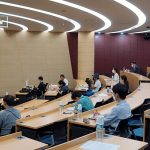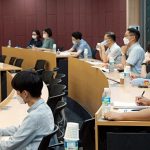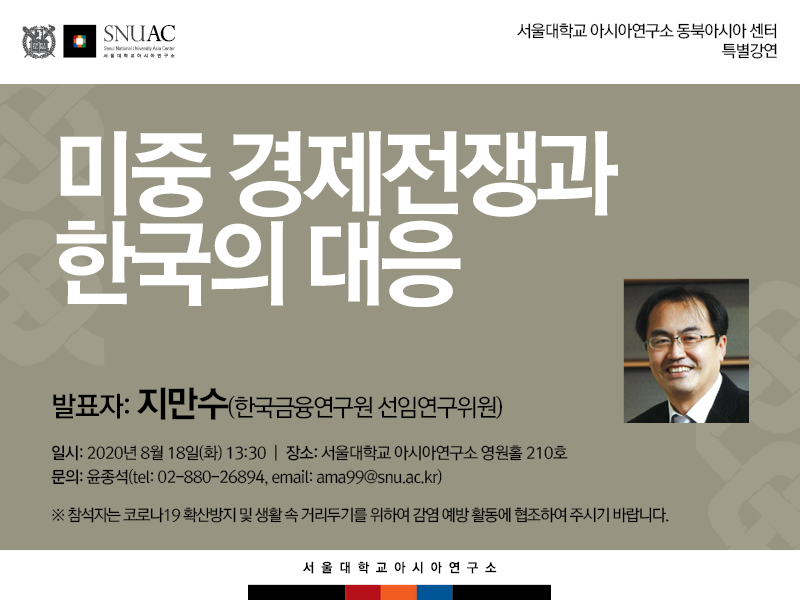
US-China Economic War and Korea’s Response
- Date: August 18th, Tuesday, 2020 13:30
- Location: Youngone Hall (Room 210), SNUAC (Bldg. 101)
The U.S. continues to keep China in check. The U.S. has declared China as its opponent in a full-fledged system competition, and checks on China in a way that goes beyond the existing trade disputes. This is now connecting to the so-called ‘New Cold War era’. The long-term hegemonic competition of the U.S. and China seems to have started in the form of the ‘New Cold War’.
The countries around the world including Korea are facing the various changes and new structures occurring in the era of the New Cold War, and each has to respond in its position. The starting point for the response would be understanding the background of this era and the structure that is implied. In understanding the background of this era’s formation, it would be important to especially understand the meanings (and impacts) of China’s declarations for “Xi Jinping’s New Era” as it emphasized the so-called “China’s Way” and the “institutionalization of socialism with Chinese characteristics”. Also, it is necessary to understand that the Trump administration has coherently expanded its frontiers on checking China under a fundamental stance (“principled realism”) against China since its early days. We must also note how the New Cold War era is not only changing the U.S. and China but also the customs and rules in the global economy in diverse aspects such as changes in the principles of free trade, weakening of the multilateral trade system, a rupture in the global value chains of new industries, and the fusion of economic and non-economic issues. This the main part of third-party countries including Korea to the US-China economic war is their response to the changes in the global economic order that are triggered in the process of the U.S. checking on China.
Dr. Mansoo Jee works as a Senior Research Fellow at the Korea Institute of Finance as well as a visiting scholar at SNUAC. After earning his Ph.D. in economics from SNU with a study on the performance assessment of Chinese state-owned enterprises, he has worked at LG Economic Research Institute, Korea Institute for International Economic Policy, and Dong-A University, studying Chinese economy, Korea-China economic relations, and global commerce and finances. He has published research results on the changes in investment environments for global infrastructures and their implications to Korea (co-authored, 2019), and the measurement of effects made on Korea’s public export of intermediary goods from China’s import substitution and relocation of production bases (2017).
SNUAC Northeast Asia Center held a special lecture with Dr. Mansoo Jee (Senior Research Fellow, Korea Institute of Finance) on the topic, “US-China Economic War and Korea’s Response” on August 18th. Dr. Jee considered the first stage of the long-term hegemony race of the U.S. and China to have started in the form of the New Cold War, and suggested that there is a need for Korea to seek a response in observation of the ways the rules of the game are changing.
Dr. Jee explained the background and structure of various changes in the New Cold War in terms of China’s changes and rational choices of the U.S. First, he discussed how China declared “Xi Jinping’s New Era” as it emphasized the so-called “China’s Way” and the “institutionalization of socialism with Chinese characteristics”, refusing to be absorbed into the Western system. In this process, China’s aggressive industrial policy led by national corporates and the government rose as a global problem. Next, he presented how the US government has defined the current situation as a long-term strategic competition between two systems and has ceaselessly expanded the issue along with its conversations with China. The Trump administration is going beyond its own rhetoric or the WTO rules to actively create the New Cold War structure.
The lecture comprehensively examined the uncertainty and blunt growth of the global economy, and the changes in the rules of the global economic game such as the emergence of “free and fair trade”, and suggested that Korea should focus more on the global change itself rather than on the US-China competition. Dr. Jee suggested that Korea needs to adapt to and respond to the US-China hegemonic race and structural changes of the global economy that will last a long time, through responses to each issue such as fair trade, bilateralism, and blocking.
After the lecture, the Q&A session continued with various questions and answers regarding Korea’s response to the US-China competition. Through discussions and answers on the choices of corporates and the government under US-China’s World War, the economic agenda of the Xi administration’s visit to Korea, the sustainability of One Belt One Road, and the US-China tensions in finances, the lecture was concluded with a comprehensive examination and prospects on Korea’s response in the situation of US-China economic war.


